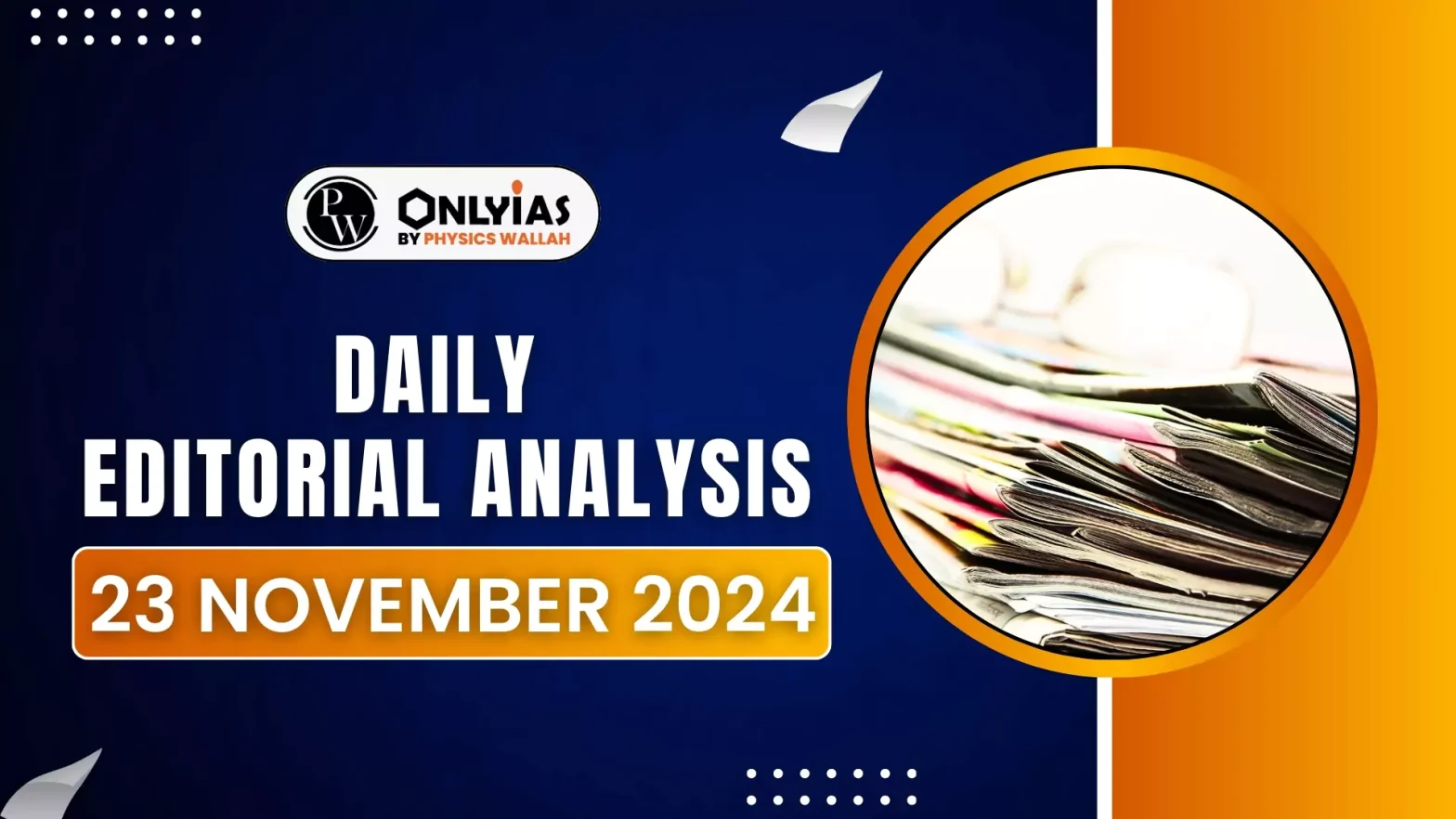Global concerns over Big Tech’s dominance in AI have prompted India to act. By investing in sovereign cloud infrastructure, developing open data platforms, and supporting local start-ups, India aims to create a more accessible and equitable AI ecosystem.
How AI works today:
- AI today uses deep neural networks to learn from data. These networks consist of layers of interconnected nodes (neurons).
- During training, the model makes predictions, compares them to actual results, and adjusts its parameters (weights) to reduce errors using backpropagation.
- This process repeats over many iterations, allowing the model to improve
- Deep learning involves networks with many layers, enabling AI to learn complex patterns automatically.
- Once trained, the model can be used for tasks like image recognition or language processing.
|
Enroll now for UPSC Online Course
Challenges Posed by Big Tech Dominance in AI
- High Computational Costs of Deep Learning
- Expensive Models: Training advanced deep learning models, like the Gemini Ultra model (costing $200 million in 2023), is prohibitively expensive, making competition difficult for smaller players.
- These generalized capabilities demand high computational resources, forcing new entrants to depend on Big Tech for compute credits.
- Lock-in Effect: Big Tech promotes the development of larger models, cementing their dominance.
- This creates a cycle where only these companies can afford cutting-edge advancements, leaving new entrants at a significant disadvantage.
- Barriers to Accessing Competitive Infrastructure
- Developer Tools and Cloud Infrastructure: Big Tech companies provide comprehensive developer tools, cloud infrastructure, and cutting-edge algorithmic models, making AI development more accessible and cost-effective.
- Their all-in-one service offerings are hard to replicate, making it expensive and inefficient for smaller players to switch to other providers.
- Data Monopoly and Competitive Edge
- Data Intelligence: Big Tech companies possess vast amounts of data across various domains, which they can leverage to develop more sophisticated AI models.
- Their continuous access to data across social, economic, and geographical contexts provides them with a competitive edge that smaller players struggle to match.
- Challenges of Public Data Initiatives: While open data initiatives aim to democratise data access, they are often subject to commercial capture, with better-resourced actors (such as Big Tech) disproportionately benefiting from them.
- The Diminishing Role of Academia in AI Research
- Shift to Industry Dominance: As Big Tech firms increasingly dominate AI development, academic institutions play a reduced role in shaping AI research.
- Industry players now lead in AI publications and citations, further steering the direction of AI research towards commercial interests, rather than public good.
Note:
- The recently signed Global Development Compact, while addressing the need to democratise AI, ultimately reinforces the current paradigm.
- The compact assumes that building large data sets and providing access to computational power will magically lead to the achievement of Sustainable Development Goals (SDGs) and address Big Tech monopolies.
- This approach fails to question the underlying model that fuels Big Tech’s dominance.
|
Way Forward
- Policy-Level Interventions
- Digital Public Infrastructure: Governments should build and promote public digital infrastructure accessible to all.
- Open Access: Ensure equitable access to AI tools and data, minimising reliance on Big Tech.
- Safeguards Against Commercial Capture: Protect public initiatives from being dominated by private interests.
- Rethink Global Development Compact: Focus on structural changes, not just data and compute access.
- Theory-Driven AI Development
- Purpose-Driven Models: Shift focus to causal understanding and hypothesis-driven development.
- Smaller, Targeted AI: Design compact, purpose-specific systems aimed at societal needs rather than scale.
- Incorporating Domain Expertise
- Lived Experience: Use expertise and real-world insights to create AI aligned with societal progress.
- Localised Solutions: Develop AI systems tailored to specific communities and contexts.
- Promoting “Small AI”
- Progressive Change: Emphasise democratic, purpose-driven AI over commercial surveillance models.
- Equitable Outcomes: Reduce reliance on Big Tech’s data monopolies by prioritising smaller, meaningful applications.
- Learning from Other Fields
- Historical Lessons: Emulate theory-driven advancements from fields like medicine and aviation, which prioritise rigorous inquiry over data volume.
- Focus on Impact: Shift from “bigger is better” to approaches that emphasise quality, relevance, and societal value.
Check Out UPSC Modules From PW Store
Conclusion
Democratising AI is the need of the hour. States must take proactive steps by investing in public digital infrastructure, supporting local innovation, and fostering equitable AI systems to reduce dependence on Big Tech and ensure inclusive growth.
![]() 23 Nov 2024
23 Nov 2024
